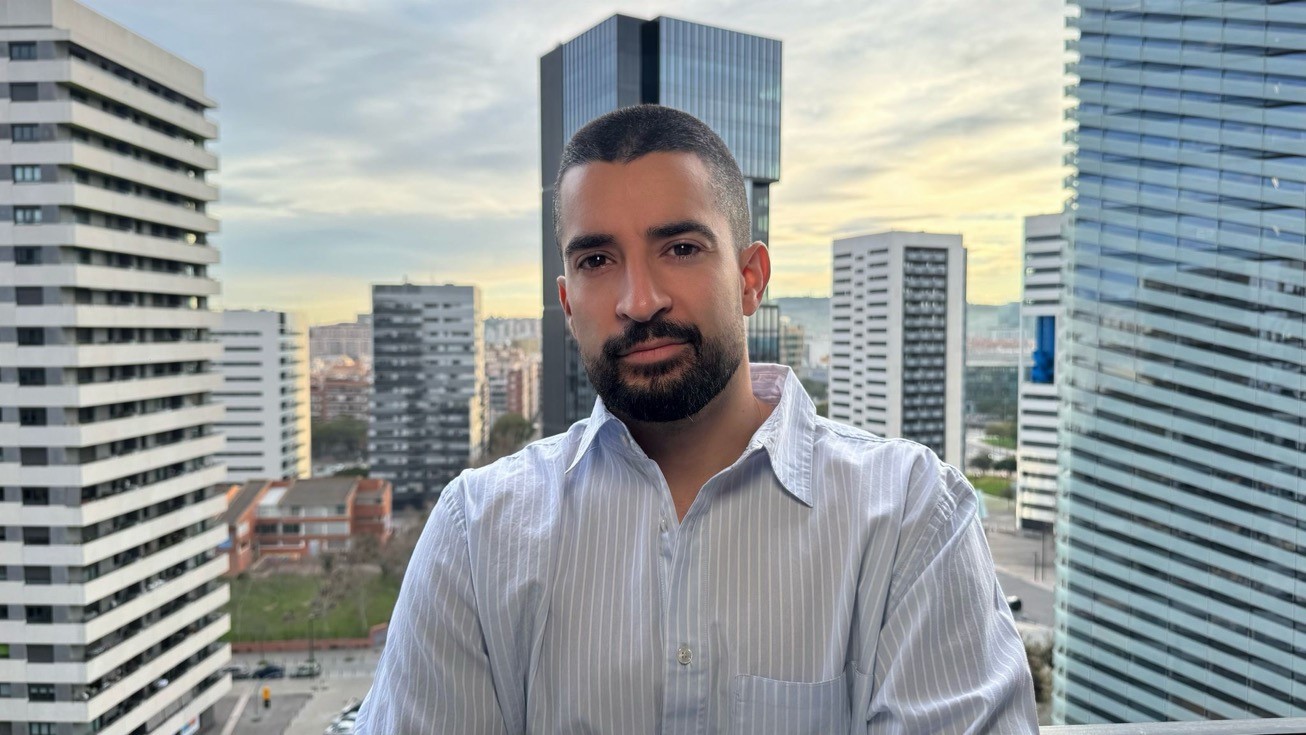"The new generations must be agents of change, defining the city they want to live in" by Ivan Carballal

Ivan Carballal, participant in Barcelona Global’s leadership and city program, Barcelona 2040, and Head of Connectivity and Commercial Tools at the insurance company Zurich Seguros.
What do you expect from the Barcelona of 2040?
I envision a more sustainable Barcelona, with better mobility, affordable housing, and less inequality. I advocate for the “15-minute city,” where everything is within reach without relying on cars, fostering self-sufficient neighborhoods. In a dystopian future where the internet is filled with hate and fake interactions (bots and AI), it will be crucial to strengthen real human connections, promote neighborhood life, and expand green spaces, designing a city built for people.
With which city would you compare Barcelona to?
I would compare it to Copenhagen for its commitment to sustainability but without losing the dynamism of cities like New York or Berlin, which attract talent and diversity from around the world. However, I worry that Barcelona could end up becoming the “Bali of Europe,” where the city center is dominated by tourists and expats with higher salaries, pushing Catalan residents to commuter towns on the outskirts.
Which city model do you think Barcelona should resemble?
Barcelona should follow a hybrid model that combines the best aspects of various cities: like Singapore, with its efficiency in mobility, innovation, and urban planning; like Amsterdam, with its commitment to sustainability, cycling infrastructure, and green spaces; and like Melbourne, by prioritizing quality of life, cultural diversity, and a balance between economic growth and citizen well-being.
What is the main challenge Barcelona must address in the coming years?
Barcelona's main challenge is achieving a balance between development and quality of life. Housing access must be a priority, preventing speculation and ensuring affordable options for residents. Managing mass tourism is also crucial, promoting a more sustainable model. Additionally, mobility needs improvement by enhancing public and shared transport and developing infrastructure without overwhelming the city.
What do you think should be the role of the new generations and their involvement in the development of the city?
The new generations must be agents of change, defining the city they want to live in. But to achieve this, it is essential that we are given a voice in decision-making bodies. Companies should integrate young professionals into their strategies to bring fresh perspectives. At my company, a Youth Committee has been created to advise the Executive Committee, just as Barcelona Global is engaging younger members. Our role is to influence today to lead the city in 2040.
What business sectors do you think Barcelona should invest in?
Barcelona is already a benchmark in tourism, hospitality, and services, but to continue progressing, it must redefine its economic model. Now is the time to invest in technology and innovation, driving the global export of knowledge and development. With a strong entrepreneurial ecosystem, international talent, and a skilled workforce, the city has the potential to become a key hub for artificial intelligence, biomedicine, and renewable energy.
If you want to know the latest English news about Barcelona and the people who bring it to life, sign up to our Blog.







